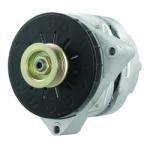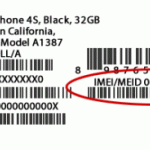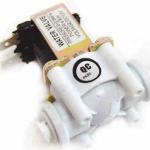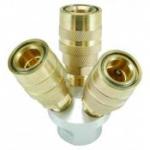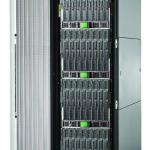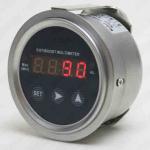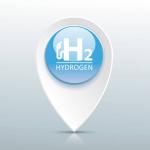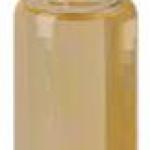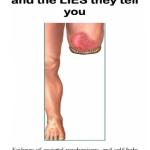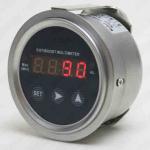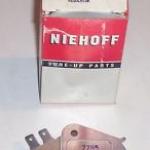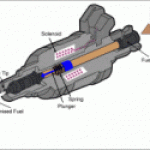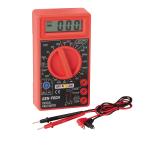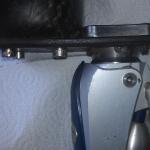Make your diesel run at its best. Cetane is an index or number that is the measure of how easily a diesel fuel spontaneously lights when injected. It is the flash point at a certain temperature. It is NOT a measure of BTU per gallon or Lubricity. R99 has great Cetane - up to and over 70 - but often poor BTU per gallon or "power"
Fuel additives for diesel fuel is expensive and ALL of them on the market add OVER 13 cents per gallon - and the highest adds 60 cents per gallon - to the cost of each gallon of fuel. Additionally you do not know what you are really getting. You are paying for a brand name and costs of distribution.
The data sheets are available for most all additives out there - but ours only adds about 3 cents to a gallon of fuel. Our product is the one single thing you cannot buy, and a recipe of the others to make enough fuel to treat up to 1,000 gallons of fuel.
When you hear noise and rattling - most people say "oh that is just how a diesel runs"; but actually no - that is ignition delay caused by poor fuel - low cetane fuel.
The US government only requires 40 cetane of diesel at the pump, and worse - NO ONE checks this, and unless you are diligent and have a fuel hydrometer - you cannot either.
Many traditional diesel Injection Pumps today are sensitive to the ULSD fuel sold at the pump which has lower lubricity than it once did - and the truth is to get to the 15 ppm level of Sulfur allowed, actually MORE lubricity comes out than is safe for many engines and their injection systems - so the refineries are SUPPOSED to add lubricity enhancer, and at the same time stripping the sulfur also strips some BTU per gallon and effectively lowers the Cetane NUMBER - so to improve that they put in an additive to increase the Cetane INDEX. But do they ???
Here is what ULSD is in loss of BTU per gallon compared to straight Diesel - named only home heating oil - they are the same product you know
- 1 gallon of gasoline = 120,405 Btu (according to eia.gov)
- 1 gallon of diesel fuel = 137,381 Btu (distillate fuel with less than 15 parts per million sulfur content) (according to eia.gov)
- 1 gallon of heating oil = 138,500 Btu (distillate fuel with 15 to 500 parts per million sulfur content) (according to eia.gov); HOWEVER,
- The BTU value of 2 cycle oil is 138,000 BTU/gallon and diesel fuel can actually vary from 126,000 to 133,000 BTU/gallon in most places - lower BTU than the "published government standard" one would expect
In the refining / oil business things that are largely equivalent products are simply "named" differently and most consumers buy the name and do not know what they are really buying, You see no one measures the Cetane or BTU content of most common diesel fuel - and only the "big refineries" that charge a premium cost for Diesel actually make sure their product rolls out the door at a standard Cetane - which is usually higher so there customers can feel the difference. This is a well known Internet list
|
Propel HPR, 75 (Techically a type of BioDiesel - though Propel says it is not BioDiesel BUT it is LOW in BTU per gallon and you will feel the lack of power with a real quiet, easy starting engine though) |
The difference in price between ARCO and Chevron in most places visited and viewed as to pricing is 60 to 70 cents per gallon - SERIOUSLY - there is a better way and it is this Cetane booster additive.
It should be noted that allegedly in California all Diesel is "supposed" to by law be 53 Cetane. See https://www.arb.ca.gov/enf/fuels/dieselspecs.pdf - but that is not believable in practice as real world use of the fuel finds it to be unremarkable low in "power'.
For instance you get 40 MPG from Flying J at $4.25/gallon, and 45 MPG from Chevron/BP at $4.49/gallon, you are paying $.10625/mile with the J, and $.09978/mile with the higher quality fuel. (And if you find a quality station next to a truck stop often the difference in price is less than $.05/gallon!) You actually save $64 just in fuel over the course of 10,000 miles by buying the more expensive fuel. This says nothing for what you might save in maintenance (injection pump and the rest of the fuel system) over the course of time. Just because it's expensive doesn't mean it's good, but why buy more expensive fuel when you can make it yourself for about three cents more per gallon ?? Remember high Cetane does noean high BTU per gallon and that is what translates into higher mpg along with higher Cetane. Higher BTU is more powerful bang - and high Cetane is better, faster more immediate access to the bang. In proper terms high Cetane is shorter ignition delay (why a diesel rattles) and higher BTU per gallon is more power on that stroke of the bang. BTU takes you farther - and higher Cetane makes it happen faster and a more complete burn - which is also less black smoke. Note that two known low BTU per gallon high Cetane fuels are Propel's HPR (as it is a Biodiesel) and Biodiesel in general. See http://www.afdc.energy.gov/fuels/fuel_comparison_chart.pdf and https://en.wikipedia.org/wiki/Energy_content_of_biofuel - and compoare the biofuels to fossil (petrroleum based) fuels.
Keep in mind that the current minimum from refiners in North America is 40 by law. Depending on the quality of the oil used as well as refining processes you'll find 40-42 from refiners in the US and Canada. Anything above that has to do with specific companies additives put in at the refinery. When companies give a minimum value then it will be listed as a single number. When a company gives a range of numbers bear in mind that more often than not you'll probably find the lower number rather than the higher number. If 40 is listed then it generally means that fuel is bought as is from the refiner; but if someone screws up and doesn't put in enough additive at the refinery then that can cause major problems for your fuel system and it could be more like 36 to 38 Cetane instead. If you get the inexpensive fuel with low cetane you use a cetane booster (PowerService, Lubromoly Cetane booster or Stanadyne are all great and EXPENSIVE choices), or run a little biodiesel in the tank whicvh will boost Cetane but LOWER BTU per gallon. If something higher than 42 is listed then the retailer adds their own additive package in addition to the standard refinery additive package. Generally speaking as long as 49 or higher is listed you do not need to worry about adding any additives yourself.
Cetane number ( https://en.wikipedia.org/wiki/Cetane_number ) is NOT the same as Cetane Index ( https://en.wikipedia.org/wiki/Cetane_index ) but the use of the Index is a way to make low BTU fuel meet a higher Cetane for marketing - as one needs both high BTU per gallon and high Cetane - to make a superior Diesel fuel - and with this additive you are in charge of inexpensively bringing UP that number when you get a poor load of diesel. What is left out is the lubricity issue all together.
The two Cetane measurements are conceptually the same but in reality they are not. The Ford Powerstroke diesel and many other International Harvester (IH) DT type engines (the Powerstoke is an International Harvester engine) suffer from "stiction" in part due to ULSD and the lack of lubricity. Mechanical injector engines like the GM 6.5 can experience sticking injectors that sound like rod knock. The GM 6.5 also has an immersion lubrication injection pump which greatly benefits from the added lubricity such to the point you will likely hear rubbing and metal on metal grinding noises subside. Lots of people have replaced injectors and Injection Pumps and never knew it was the fuel over time tearing up their investment
This additive solves both issues and you will hear a quieter engine and experience more power, because in its use you raise the BTU per gallon, raise the lubricity AND raise the cetane INDEX. Raising BTU per gallon has little value if you do not also raise the cetane INDEX
This is a concentrate and you mix up to 3 gallons with it that you use at the rate of 1 half to 1 oz per gallon - depending on where you buy diesel it quality - and boy you will glad you did
4 oz bottle makes up to 384 ozs - 3 gallons which you use at the rate above so that 1000 gallons of fuel can be treated. this is the same additive the refineries and other additive manufacturers use in a consumer size
UC_Image
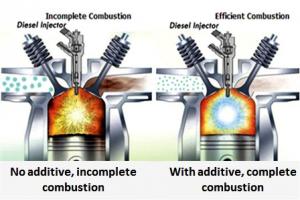

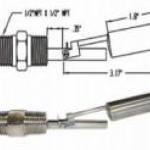
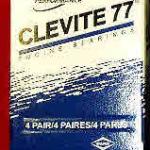

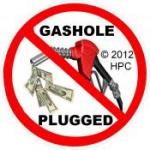
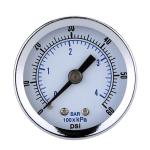 ,
, 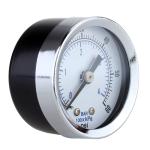
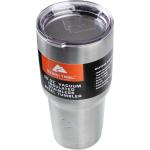
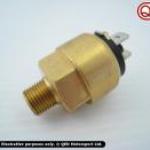
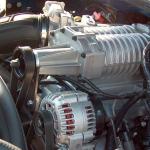 ,
, 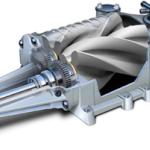 ,
, 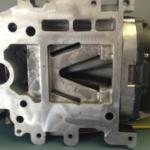 ,
, 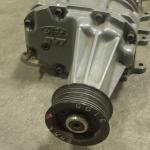 ,
, 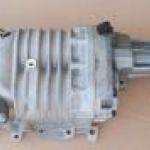 ,
, 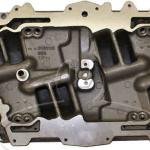
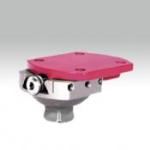
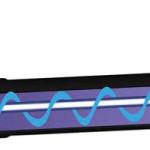
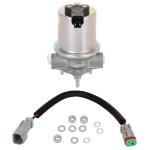
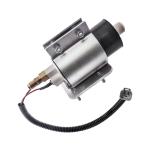

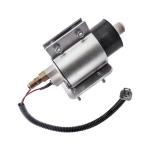
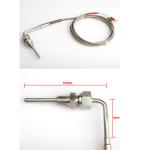
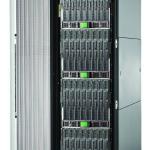

 ,
,  ,
, 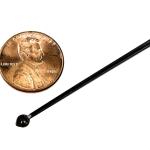 ,
, 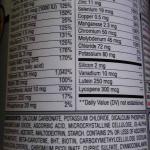 ,
, 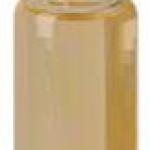 ,
, 
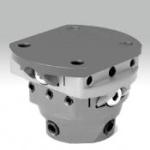
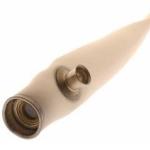 ,
, 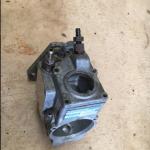 ,
, 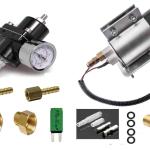
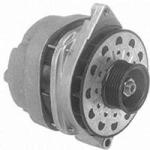 ,
, 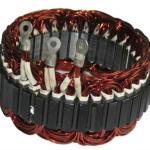 ,
, 
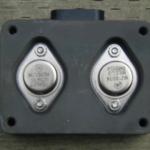 ,
, 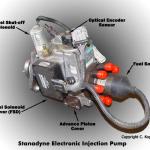 ,
, 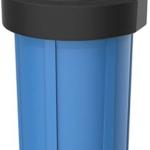 ,
, 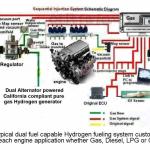 ,
, 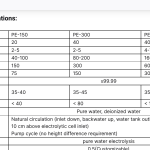 ,
, 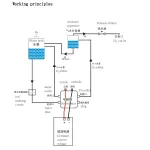
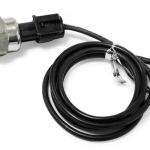
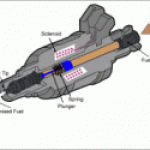

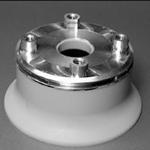

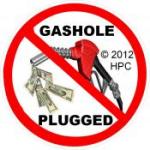
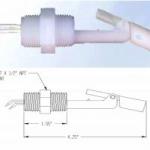
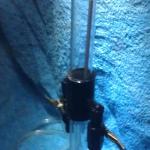 ,
,  ,
, 
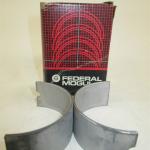
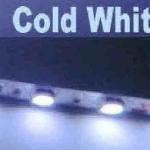 ,
,  ,
, 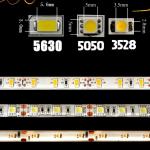 ,
, 

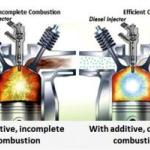
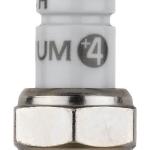
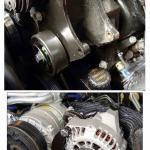
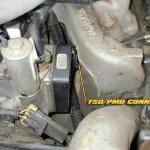 ,
, 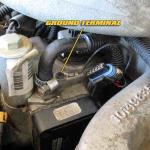 ,
,  ,
, 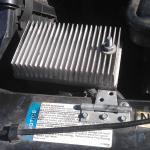 ,
, 
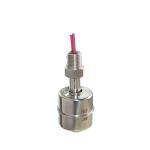

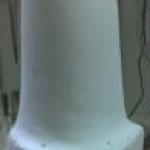
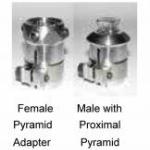
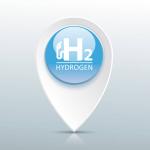
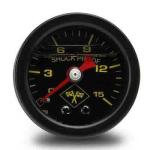 ,
, 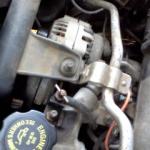 ,
, 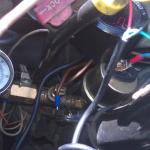
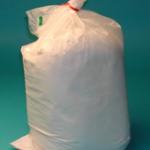
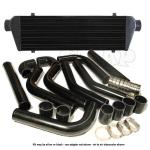 ,
, 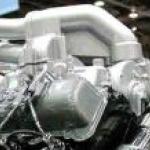 ,
, 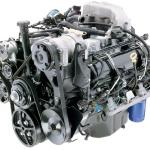
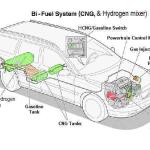
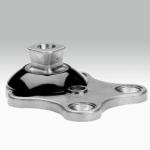

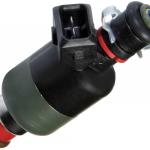
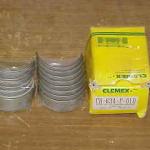
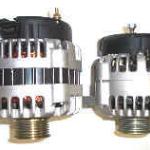 ,
, 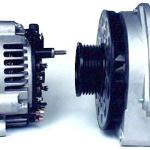 ,
, 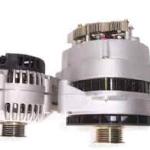 ,
, 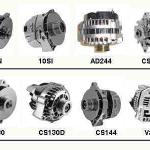
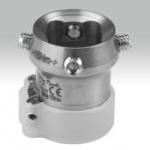
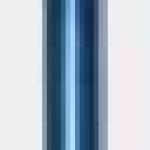
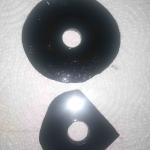 ,
, 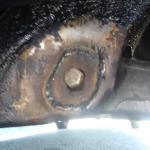 ,
,  ,
,  ,
, 
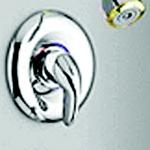
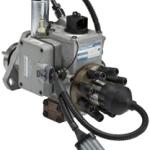
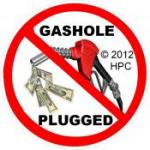

 ,
, 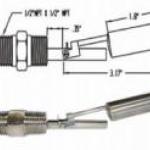


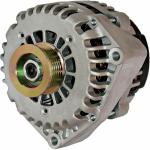 ,
, 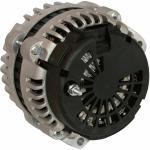 ,
, 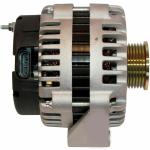 ,
, 